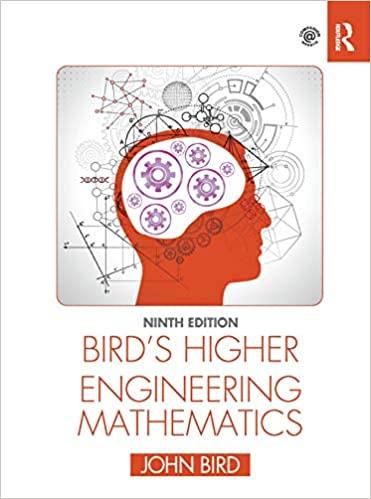Question
In 2013, a Berkeley chemical engineering professor, Jay Keasling, discovered a synthetic version of artemisinin a chemical crucial to producing antimalarial drugs. A group of
In 2013, a Berkeley chemical engineering professor, Jay Keasling, discovered a synthetic version of artemisinin a chemical crucial to producing antimalarial drugs. A group of researchers and statisticians come together to test the effectiveness of this new chemical, which is being used to treat malaria in developing nations.
They run the following experiment: A random sample of 500 malaria patients are randomly assigned to take either the antimalarial drug or a placebo pill. It turns out that among the patients who took the drug, a much larger proportion recovered from malaria than among those who took the placebo.
Meanwhile, cases of malaria are decreasing in developing nations, and some suggest this might be due to the increased effectiveness of mosquito nets being distributed.
Choose True or False for each of the following statements.
(a) True or False: This is a randomized controlled experiment.
(b) True or False: The experiment indicates that taking the drug causes an increase in recovery rates
among malaria patients.
(c) True or False: The improvements in mosquito nets are a confounding factor in this experiment.
Step by Step Solution
There are 3 Steps involved in it
Step: 1

Get Instant Access to Expert-Tailored Solutions
See step-by-step solutions with expert insights and AI powered tools for academic success
Step: 2

Step: 3

Ace Your Homework with AI
Get the answers you need in no time with our AI-driven, step-by-step assistance
Get Started


